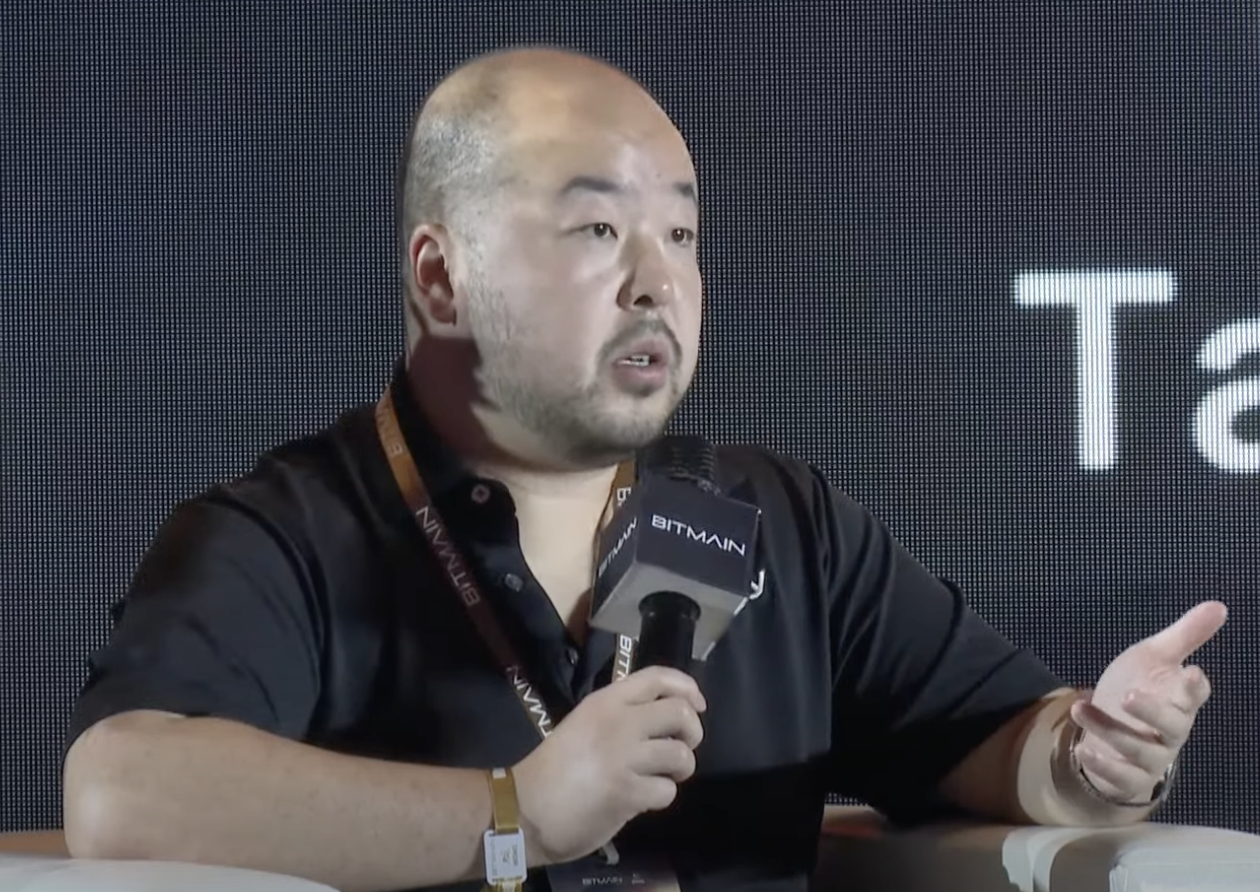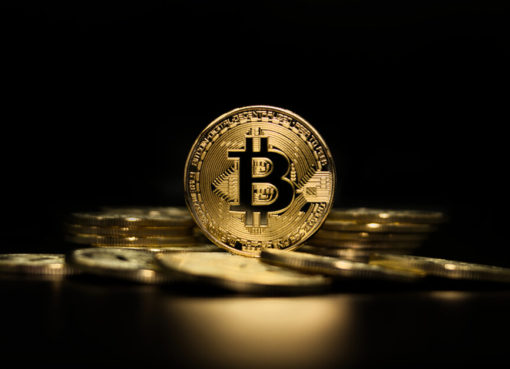Crypto analysts, traders and anonymous influencer Bitcoin pundits on X (formerly known as Twitter) frequently interpret what Bitcoin miners do with their block rewards as a sentiment gauge for where BTC price might go.
According to the strategy, Bitcoin miner rewards sent to exchanges foreshadows pending sell pressure on Bitcoin price and possibly reflects distress among miners.
Elements of this methodology were challenged by an assortment of publicly listed Bitcoin miners at last week’s Bitmain World Digital Mining Summit in Hong Kong.
According to Jeff Taylor, the Core Scientific EVP of Data Center Operations,
“Core Scientific might be the poster child for the HODL strategy. We built a 10,000 Bitcoin hoard and we rode it up to the top, and then it led to some financial struggles that we are trying to emerge from now. So what we’re doing today, we sell our Bitcoin production each day. I think it goes back to those three things. How and where can you drive costs out, how and where do you drive efficiency up, and what are the new financial innovations that you can bring to your treasury or to your power programs to basically stabilize your overall companies’ profitability.”
Panelists Taylor Monning and Will Roberts from CleanSpark and Iris Energy, agreed with Core Scientific EVP Jeff Taylor, mentioning that their respective companies also sell a majority of their mined BTC.
Monning said,
“CleanSpark’s strategy was wildly different right, so we were very conservative during the bull market and we got a lot of grief for that. We sold Bitcoin all the way at the top at $60K, and we got a lot of grief for that as well. But, I think everybody has kinda seen our strategy pay off this year with the expansion that we’ve taken to 9.5 exohash and now we’re starting to increase our hodl as you guys have probably seen over the last couple of months now that bitcoin price is at a much lower rate. So we took a lot more conservative approach in the bull market. Building in the bear has been the motto inside our company and I think we will continue to expand on that. I think people learned a lot over the last market cycle and I think the CleanSpark strategy will be adopted by a lot of the other miners moving forward.”
Iris Energy co-founder Will Roberts added,
“We’ve sold all our Bitcoin daily since we started mining. I mean our view of this is mining Bitcoin and operating data centers is a very different business model to investing in an asset like Bitcoin. We’re in the business of generating shareholder value, what we’re good at is operating data centers, generating cash flows for investors. Our view is that we can actually generate more value by selling a Bitcoin today and earning that Bitcoin, plus some back in the future and we’ve got the opportunity and the expansion capabilities to do that, or at some stage in the future potentially paying out a dividend, whether it’s cash or Bitcoin.”
According to TeraWulf co-founder Nazar Khan,
“I think the last bull market seems like 2 lifetimes ago. So any approaches that we had then I think are long gone and we’ve kinda tweaked and modified where we’re at. Similar to some of the other folks here, we’ve been selling every Bitcoin that we produce and fundamentally we at TeraWulf think we’re a converter. We’re taking a kilowatt hour of power, running it through the wonder ASICs that Bitmain makes and producing hash on the backend. Every single day, how we judge this is how efficient we are in that conversion process. We tell our investors that we’re converters and measure us on how efficient we are in that conversion process and that means we monetize every Bitcoin we sell on a daily basis.”
Related: Bitcoin miners double down on efficiency and renewable energy at the World Digital Mining Summit
So, are Bitcoin analysts doing it all wrong?
When questioned on the accuracy and methodology of on-chain metrics like Charles Edward’s hash ribbons indicator, Khan quipped:
“I think that the business of being an analyst is an extremely difficult one because by definition you’re probably wrong. Besides that, I think that historically that might have been a good measure, historically when we were recognizing margins of 80% plus, there wasn’t a need to sell, you didn’t need to monetize every Bitcoin that was produced. I think as we look at most of the companies today, given our growth plans that we have. The only source of income that we have is the margins that we have by mining Bitcoin or raising incremental capital, and the capital markets we use to grow our businesses have bene tight the last couple of years, so therefore, I think at least for the publicly listed miners, looking at their Bitcoin selling strategies is not necessarily a direct indicator of capitulation or distress, it’s more of how does that fit into where they sit today and where their growth plans are for tomorrow and how does that meet their capital needs.”
Statements from Foundry vice president Kevin Zhong also aligned with the perspectives of the publicly listed miners at the WDMS.

“The ideal scenario is to rely on our hopium that Bitcoin does go up and that our woes go away on their own, it’s not guaranteed. The economic incentives of Bitcoin going alone may not be there or may come 6 months or 12 months after the halving. In that scenario, you’ve got to get really creative. What do we do with block space, how do we drive fees up. What other ways are there to subsidize ourselves and subsidize miners. You also have to be very critical and strategic with what you do with the Bitcoin that you mine. Are you hedging it out, are you doing covered calls? What are your treasury plans? If you have a bullish outlook on Bitcoin are you going to be liquidating all of it or holding on to some of it. It requires a lot of stratification and models, endless models.”
To hear the full conversation on Bitcoin miners’ pivot to renewable energy, the growing synergy between energy producers and BTC miners and miners’ views on the upcoming halving check out the WDMS panel here.
This article does not contain investment advice or recommendations. Every investment and trading move involves risk, and readers should conduct their own research when making a decision.




